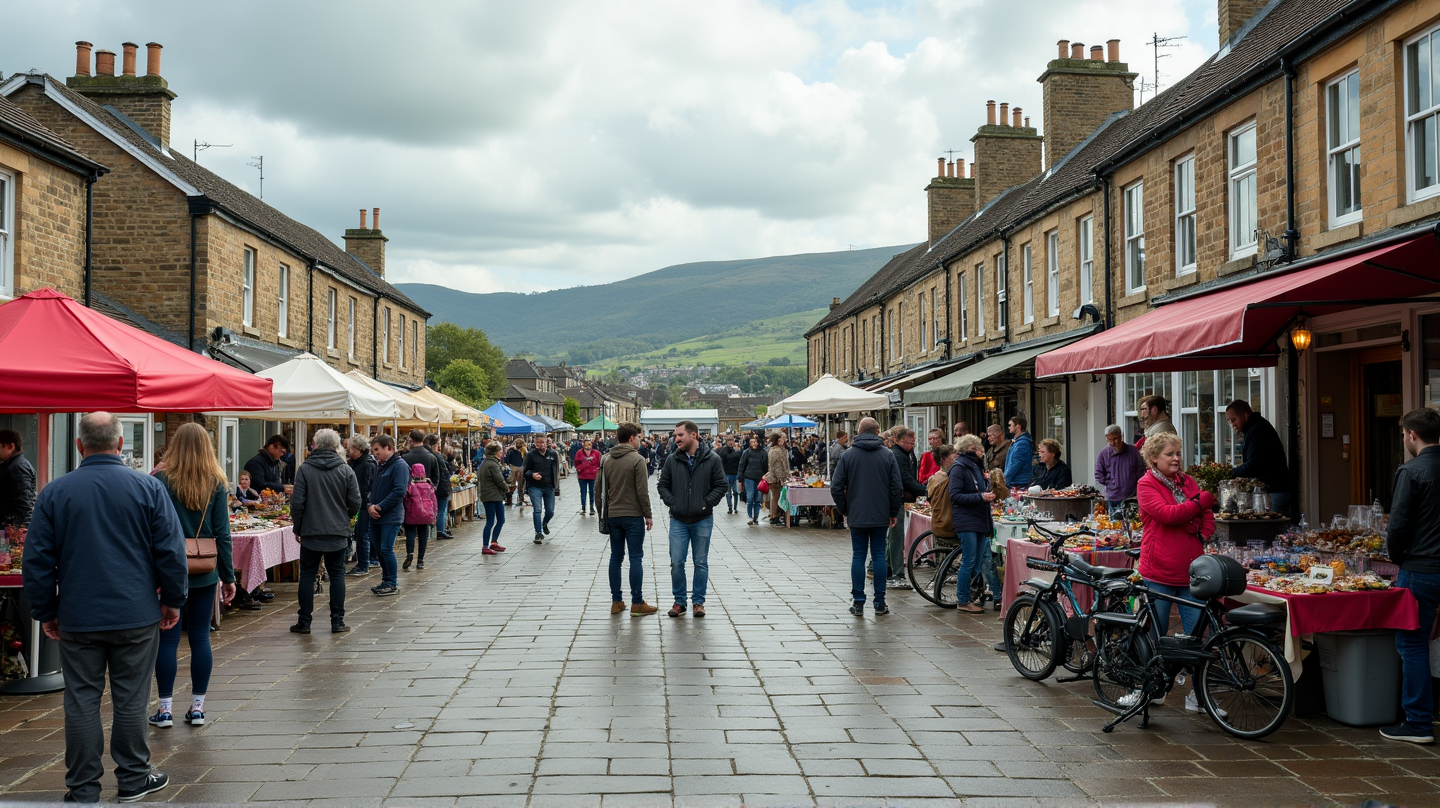Ribble Valley: Tourism's Triumph Hindered by Parking Woes
Ribble Valley's tourism industry flourishes with a boost to the local economy, but parking challenges dampen visitor experience.

A Tourism Boom in Ribble Valley
Thriving tourism has become the lifeline of Ribble Valley, bringing in over £305 million to the local economy and supporting more than 3,000 full-time jobs. The growing popularity of this picturesque region owes much to the proactive stance taken by the Ribble Valley Council, which has been engaging in strategic tourism development efforts. According to Lancs Live, the council’s initiatives are warmly welcomed, with notable success in the local hospitality industry.
The Role of Clitheroe in Local Tourism
Clitheroe, with its charming market, has been steering the region’s tourism. The council’s enhancement projects, such as improving market conditions and pursuing digital marketing—emphasizing dog-friendly and vegetarian-friendly accommodations—have greatly influenced visitor interest. Notably, a new printed guide, praised for its high-quality content and stunning photography, has played a vital role in marketing endeavors without straining the council’s budget.
Challenges Ride Along
Despite the flourishing tourism, parking inadequacies have cast a shadow over visitors’ experiences. The Ribble Valley faces logistical challenges, as guests find it difficult to secure parking spaces—especially in Clitheroe. Concerns have been raised about inadequate coach parking provisions, although sustainable tourism initiatives, like eco-friendly travel options in the Forest of Bowland, are seen as potential avenues of improvement.
Key Opinions from the Council
Council members express a mix of pride and apprehension. Conservative Councilor Richard Newmark highlights the impressive self-funded print guide that showcases Ribble Valley’s allure without burdening the council financially. Councilor Kevin Horkin acknowledges the success of recent tourism ceremonies but stresses the need to expand social media presence to appeal to broader and younger demographics. On the other hand, Councilor Jan Alcock emphasizes the pressing need for better parking facilities to sustain the tourism influx.
Looking Forward: Sustainable Solutions
Councilor Gayle McCrum advocates for eco-tourism as a promising solution, reducing reliance on cars and promoting greener alternatives. The Forest of Bowland’s public transport and cycling options set an exemplary precedent. However, as emphasized by Councilor Horkin, accommodating tourists who predominantly drive to Ribble Valley remains an urgent task, requiring creative parking strategies, such as park-and-ride options during local festivals.
In conclusion, while the Ribble Valley enjoys remarkable tourism success, addressing parking concerns will be crucial in maintaining and enhancing the visitor experience. The community must balance growth with sustainability to continue reaping benefits from its vibrant tourism industry.

